Do you know that as per statistics, about 92% of paid ads online are unnoticed by people? This is due to ad blindness where users either intentionally or unintentionally ignore ads appearing on websites. You need to make your ads in such a way that people can’t ignore your ads anyhow.
People sometimes ignore your PPC ads because you make such silly or grave mistakes that make them overlook your ads. But don’t know what those mistakes are. No worries. We will discuss 21 common PPC mistakes you must avoid in Bangladesh.
21 Common PPC Mistakes Must Avoid in Bangladesh
Now, let’s focus on the PPC mistakes you should avoid in Bangladesh.
Let’s discuss each of these mistakes thoroughly.
1. No Specific Goals:
Before you dive into spending for a PPC campaign, you need to figure out what is the specific goal of this campaign. Think of more revenues or more leads, which are preferable goals. Let’s think a bit deeper.

- What is your preferred lead type?
- Who will be your perfect lead?
- Who will be your target market?
- Also think, that you are advertising for your business’s which aspect, and your perfect lead is looking for your business’s which specific service.
- If anyone is anyone wants one of the services you are offering, what keywords will they be looking for?
- Again, consider what number of leads you will like to have. What will be an affordable cost for each lead?
- What will be the amount of revenue you will have on average?
- How much you can pay when you find out what is workable and what’s not?
If you know the answers to all these questions, you will get help to run the campaign effectively.
So, have definite, measurable goals to let you analyze the performance of your campaign and determine when you need to make changes and updates.
2. No Goal Tracking:
If you have goals, but you don’t track them, it will make no sense for sure. You can think whatever you like, suppose, you like to have increased leads, but have no idea about whether you will get them or not. What number of leads are you generating now? What can be your benchmark?
Can you answer the above questions? If your answer is no, you can analyze how your campaign is performing accurately by ensuring you are able to track everything. Generally, you should track these metrics:

- CPC or Cost-per-click
- Click-through rate
- Cost-per-acquisition (CPA)
- Conversion rate
- Especially, when your PPC campaign is on Google Ads, of course, track your Quality Score.
Also, track the calls over the phone you are receiving to your business or store and the submission of forms you are getting through your website. Again, track offline leads and store visits. Some make the mistake of only tracking clicks and impressions to their business site, but if you don’t track engagements or conversions, you can’t exactly manage or assess your campaign.
You should keep track of exactly who makes a contact with your business and form where they belong. When you aren’t making these efforts, you can’t proclaim that your PPC campaign is a success or disaster.
3. Wrong Targeting:
Wrong targeting is another gross PPC mistake you must avoid. It means your PPC ads will be shown to the wrong audience who are not looking for your product/service. For example, you won’t click on a cat food ad if you don’t have a cat. Hopefully, you can easily fix this wrong targeting issue.
Let’s know-how. It’s easy. Just take the following two steps:

a) Develop a buyer persona-
It will help you know who your client exactly is. You will note down your potential customers’ characteristics like their age, hopes, occupation, hobbies/interests, who/what influences them, their fears, and the like. You can note down lots of things while developing this buyer persona, but make sure those are enough to target your right audience. This lets you sharpen the marketing strategy, optimize landing pages, select the exact ad groups, and improve the conversion rate.
b) Consider how your target options function for your pay-per-click platform-
This is an important consideration for sure. For instance, in the case of Google Ads, you target with keywords, use of search engine, and search terms. In the case of Facebook Ads, you target through demographics. These two platforms have some similarities, but still, they have quite differences in their targeting options.
If you use Facebook Ads, create a lookalike or similar audience so that Facebook targets your PPC ads based on your “custom audience.” You can compile this audience from the users who visited your site through natural search engine results, from different landing pages, social media, or an email list. If you can target the Facebook Ads exactly, you can even keep the CPC lower than the Facebook 2023 average of $1.86.
While using Google Ads, make sure that you use keywords with the buyers’ intent. People use these keywords while searching to buy anything, and so, if your ad is based on these terms, it will increase your quality score and conversion rate. No matter what ad campaign you are running whether display or search campaign, you need to target your audience right, otherwise, your ad won’t seem valuable to the viewers. It means none is going to click on the landing pages, and your conversion and quality score won’t increase as well.
When your ad is wrongly targeted, it can get negative feedback negatively affecting the marketing strategy, as well as, ROI or return on investment.
4. Not Selecting the Right Keywords:

This mistake includes the following:
a) Using Broader Terms-
If you use broad terms the ad would only target the people who type something that your keyword has. Broad terms include only those words that your product name suggests. It would cost you more but will result in fewer conversions.
b) Using Excessive Keywords-
Keywords are suitable for SEO. It can give you the clients you like to visit your site, but even SEO professionals won’t suggest keyword stuffing. People add too many keywords in their content to get excessive traffic. It’s true but they forget that it will increase the risk of driving unqualified traffic.
When you add keywords to your content that are totally irrelevant and not useful at all, it would only cost you more, and won’t give you any result. So, don’t use excessive keywords.
c) Avoiding Negative Keywords-
If you want to execute your PPC campaign effectively and precisely, use a list of negative keywords. The best practice is to have a negative keywords list and apply the list to each of your campaigns to help you find out the words you don’t want in your ad campaign. Regularly check the reports of the search queries to ensure that any of your spent money is not wasted on unwanted search queries.
d) Forgetting to Apply Exact Match and Phrase Match Keywords-
When you use the exact match keywords, your ad copy will be displayed only when people type in the exact term you are using for your ad. This lets you direct your traffic to a certain ad group, and these types of ads result in increased conversion and decreased CPC or cost-per-click.
The phrase match keywords ensure that your ad will be shown to people who include other keywords while searching for something. It includes your keywords and other specific terms that people can include. It won’t be as simple to target the exact traffic to your ads as you can with the exact match. Yet if you forget to apply it, you will make a mistake.
e) Paying too much for the competitive keywords-
You can perform an analysis of competitor keywords, after performing the keywords research, but many marketers do the mistake of paying too much for too many competitive keywords. Because it will cost you more but won’t give you the desired result due to fierce competition.
f) Using Long-tail Keywords only-
Long-tail keywords mean the specific keywords related to your niche. These keywords are more focused and get you more conversion, but focusing only on these keywords can be a mistake. Because these keywords are not that competitive, and also cost less. The regular terms can draw the attention of your audience even when they don’t click on your ad, and thus, increase the total brand awareness.
So, try doing a mix and match while selecting the right keywords for your PPC ad. Try putting yourself into the client’s shoes. Begin with broad terms, and then gradually go towards specific terms. Try including synonyms and variations in your product-relevant keyword list.
You can also read: How to do Keyword Research for PPC Campaign
5. No Knowledge of the Customer Lifetime Value:
If you are a business owner, you need to know what is the value of a customer or lead to your business. If you are spending BDT 100 for one lead, is it getting you a profit of more than BDT 100? What will be the value of profit that lead will generate for a lifetime?
Here, use real numbers to get this value. When you can’t track everything, try using an average value to get a rough idea of the progress of your campaign. If you are unable to find out CLTV or customer lifetime value, you won’t be able to calculate whether you are receiving an effective ROAS or return on ad spend.
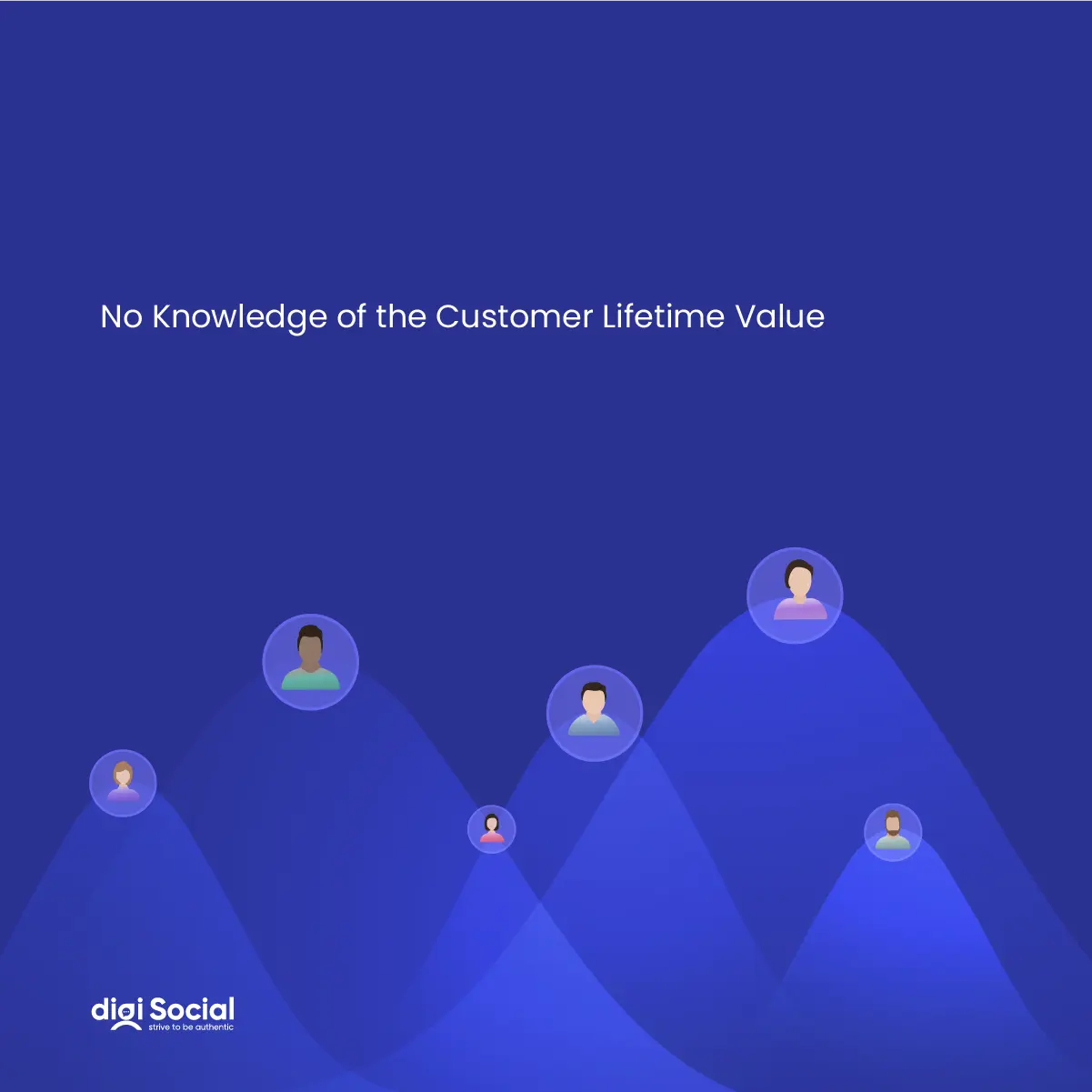
Check each PPC lead’s activities down the sales funnel and find out whether they made a purchase or not; if yes, what is that purchase’s value, and also what is the profit.
6. Incorrect Bidding:
All of your PPC campaigns won’t get a good result. This can be partially due to incorrect bidding. When your ads convert well but don’t get sufficient clicks and calls to action, raise the bids. If your ads don’t get clicks even after that, increase the bids again, and watch the effect on the rank of your ad.
You will come to know if your PPC marketing campaign is bad or if your business space is highly-competitive by doing the above. If you have already set your daily budget, it won’t harm you if you do so to improve the bounce rate. Track the numbers carefully because you won’t like to waste your money on a long-term marketing plan that won’t deliver an ROI.
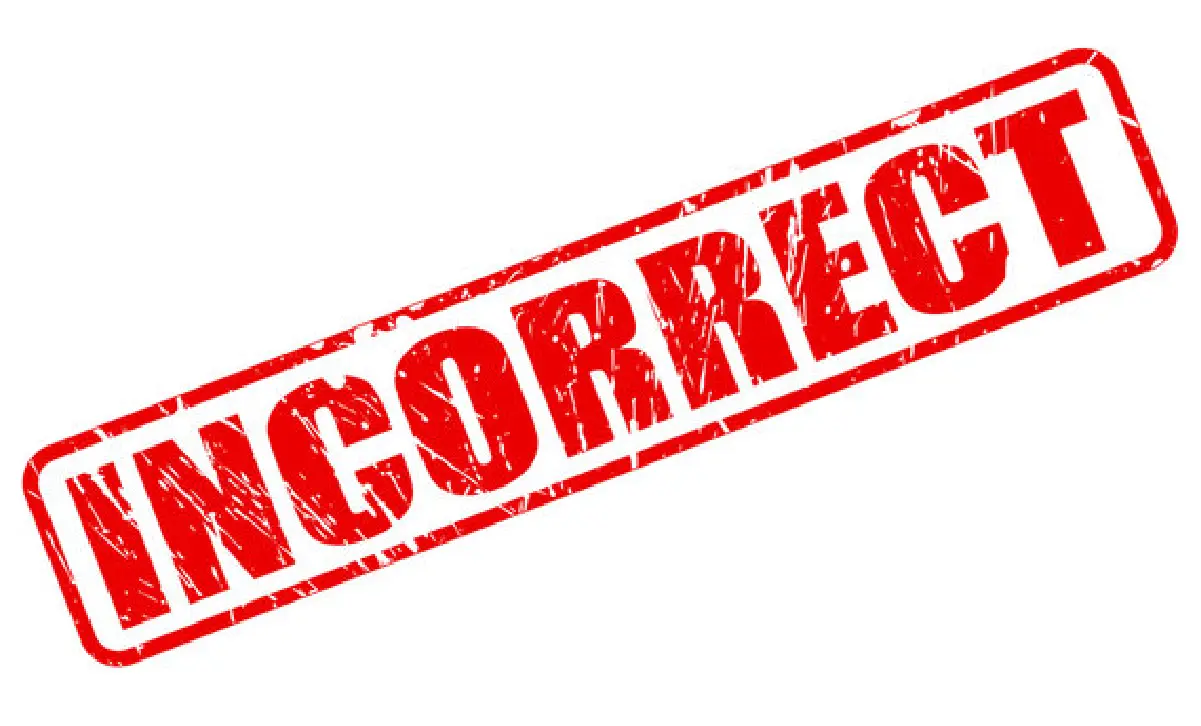
If people don’t click on your ads even after raising the bids, your targeting can be wrong, or you need to work on your ad texts, or you need to increase your ad’s quality. When your ads are getting sufficient clicks but not getting enough conversions, your targeting can be wrong again. Again, it can also happen due to your landing pages’ failure to fulfill the promises you made in the ad.
7. Incompetent Ad Copy and Creatives:

You will make a huge mistake if you have incompetent creatives in your team who make incompetent ad copy for your PPC ad. Because the ad copy plays a crucial role in your ad campaign. That’s why companies pay a lot of money to copywriters who can make the exact copy representing their offer and brand. The ad copy needs to meet the AIDA strategy.
Where, A =Attention: Your ad copy needs to attract the attention of your readers.
I= Interest: Then you need to develop an interest in them.
D= Desire: Here, the readers already feel the desire to purchase your product.
A= Action: Here, you have already made the reader take your desired action.
Hire or consult an expert in content marketing to help you develop competent ad copy. It can include developing content on the title, meta title or description, landing pages, and more.
8. Not Optimizing the Landing Pages:
This is a common PPC mistake where you focus your total attention on your ads and campaigns rather than on the landing page. A landing page is a crucial element in your PPC campaign. It has a great impact on your campaign’s quality score, relevancy, and conversions. You can redirect to any landing page of your site from your ad, but make sure that the landing page has relevant information your clients need.
Suppose, you are mentioning a sale in your ad, then your relevant landing page should also have relevant details about that sale. If your clients don’t find anything about that sale on your landing page, they will bounce away for sure.
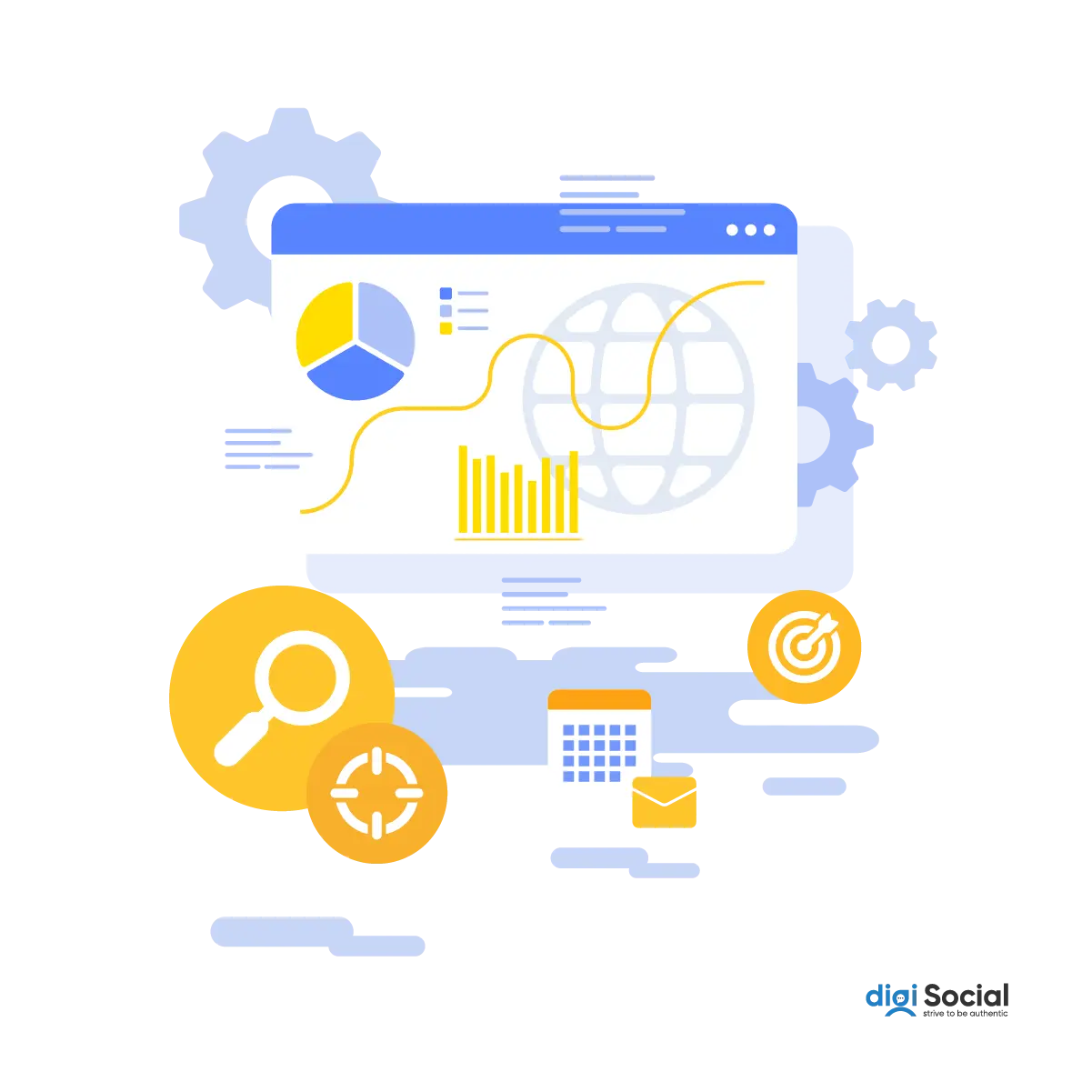
Consider a continuous optimization of your landing page using A/B testing. It means running your ad’s two versions simultaneously to find out which does better. You will be surprised that how only a colored button or different headline can get a huge increase in the rate of your conversion.
9. Focusing on the Sales Funnel’s Bottom:
PPC ads are always good for generating sales, but the post-COVID-19 situation indicates that the buying behavior of many consumers has totally changed. They are now focusing their resources on new areas of business and life. So, in this situation, you need to change your point of view and focus on the sales funnel’s top for lead generation rather than on the funnel’s bottom conversions.

Now, you will see a huge rise in social media use and desktop searches, and a huge decrease in sales for several businesses. It indicates that several marketers are leaving the market causing decreased cost per click and less competition. You can take advantage of this situation and make a valuable funnel’s top mailing list, subscriber group, or fan base to result in future conversions for campaigns.
10. Executing a Campaign without Proper Testing:
Marketers often make this PPC mistake. You must avoid it and don’t create only one version of ad copy and run the PPC campaign without proper testing. Your first attempt might have some flaws, and not be the best. So, try writing multiple ad copy versions for each PPC campaign you are running.

When you are running PPC of the Facebook platform, make sure you test images, as well as, ad copy. Try following these mentioned steps while writing multiple ad copies for your PPC ads:
- Write a version that replies “what does it have for me” and explains your business’s value and what your customers will receive if they purchase from you.
- The second version will mention the pain points you will solve and the products or services you will provide.
- The third version will be a wild card- be creative, write innovative and creative copy, headlines, and something totally different from the initial two ads.
11. Not Using the Right Setting:

This mistake includes the following:
a) No Use of Ad Extensions-
Some PPC makers can mistakenly forget to include ad extensions in the PPC campaigns because nowadays there are so many extensions. Based on your business and ad type, you need to add some chief Google ad extensions such as location extension, callout extension, site link extension, and price extension. These extensions will increase your ad size, so they will need more of screen space, but they will also increase your users’ click-through rates and engagement.
As these extensions are free to include in your ad, if you are not including them, you are making a great mistake.
b) Not Utilizing Google Ads Scripts-
Google has an awesome script feature that will make your several boring and tough tasks easier. These scripts will analyze the placements of Google display to let you know any budget over-delivery on the PPC campaigns. Extremely customizable and free, you can also integrate these scripts with Al’s and automatically run them if you want. You can get started with some ad scripts like keyword scripts, bid management scripts, and ad management scripts.
c) Not Utilizing Ad Schedules-
Generally, Google campaigns display ads throughout the day by default, but it’s not ideal in most cases. Because if you research carefully, you will find that there is a specific time when your potential customers are online. You need to take advantage of this factor to get better results.
Use Google Ad’s ad schedule feature that will allow you to enhance or reduce your bid modifiers during specific times. Again, to get the highest optimization, you have the option to disable ads completely during specific times. Consider it as the 80/20 rule, 20% of the day can let you generate 80% of the conversion.
d) Not Utilizing Location Targeting-
You will get surprised to know that most PPC marketers forget to have this set correctly. As a result, their ads are displayed in states and cities where they don’t even serve.
Target certain areas and countries in Google Ads by adjusting the settings of location targeting on the campaigns you are running. It will let your ads be shown to the right viewers, and you will also get the option to add your user’s location in your ad to get their attention, and this location customization will also enhance user engagement.
12. Scaling Up Too Quickly:
Many PPC marketers make the mistake to increase their budget and scale up too quickly without any prior calculations. This can even lead to a huge disaster. You need to track your goal exactly as mentioned in mistake #2 and then decide to scale up the PPC campaign.

13. Not Putting your Ads Together Correctly:
This is also a common mistake that PPC marketers do. A PPC ad has different parts such as video, message, music, and the like. You need to put them together correctly to get the desired result. As mentioned in mistake #10 test the ad and campaign accurately before executing it to avoid this mistake.
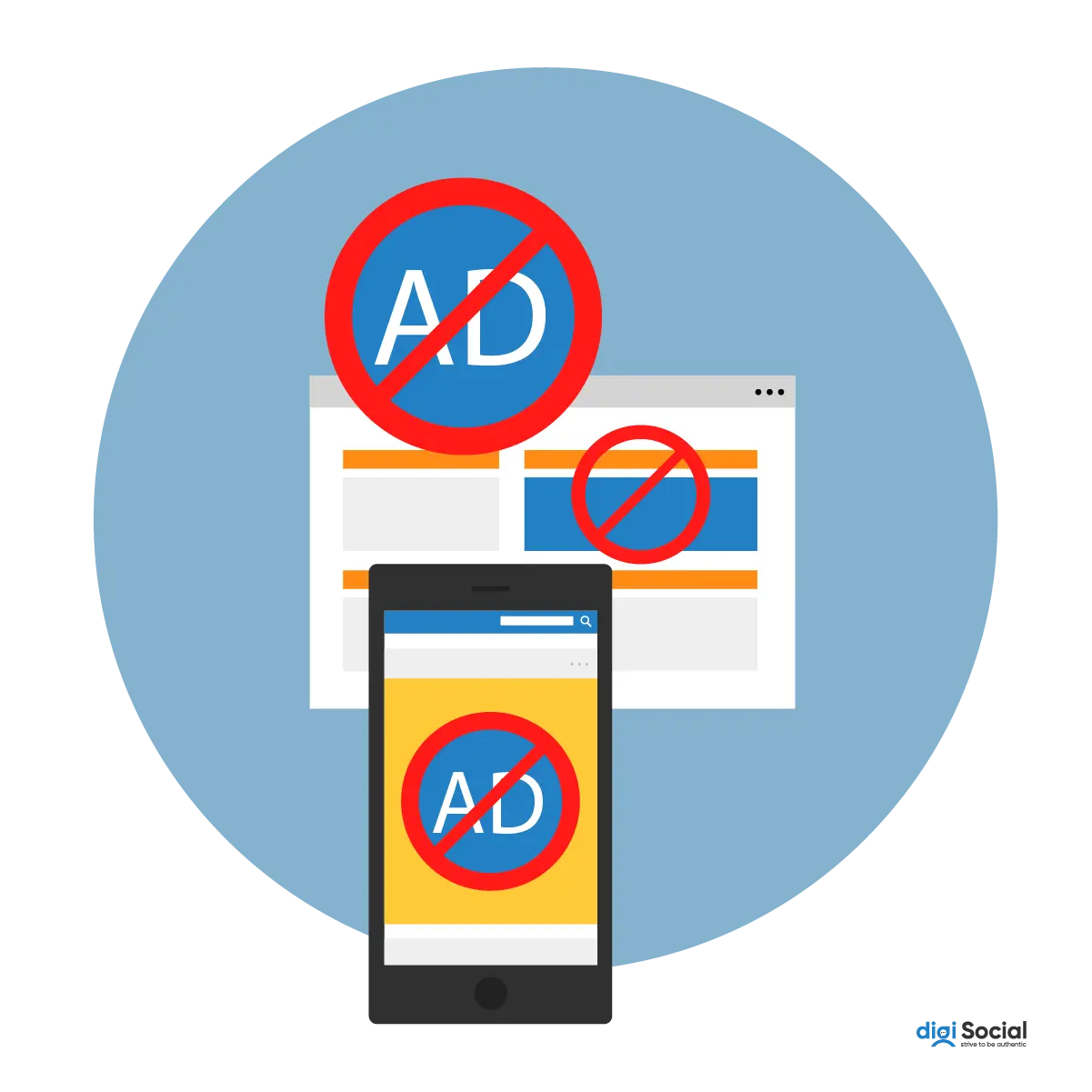
14. Not Optimizing or Managing the Campaign:
PPC campaigns are not like static advertising such as billboards or print ads that you will set it and then forget. You need to monitor, manage, optimize, and alter them as required. Review search terms and keywords, test new ads, and try out several bid strategies regularly to get improved PPC performance. Ensure to check your campaign’s budgets and performance often and adjust the campaign according to your results.

15. Always Focusing on 1st Position:
This is another common PPC mistake that marketers make. If your website ranks on the 1st position in the search engine result pages, it doesn’t necessarily indicate profitability for you. When you like to have the exact traffic and the exact profit amount, you have to spend far more than you generate first.
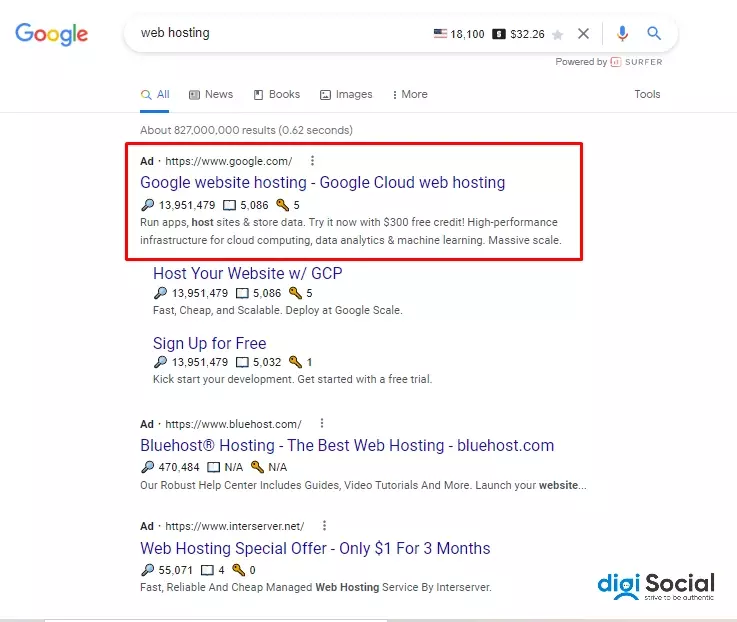
Again, all the people who click on your ad initially don’t always buy your product as they still are in the research stage of browsing. So, experiment with various things and check attentively how various positions give you the desired value.
16. Using Smart Display and Search Content:
Always avoid smart display and search content. Google has come up with different campaign types like smart display, smart search, and smart shopping campaigns. Among these campaigns, the smart shopping one is better, but you should always avoid smart display and search campaigns.

These search campaigns control your campaign’s various aspects like keywords, scheduling, and bidding with the use of machine language and AI, but your results will be disappointing. So, try managing your campaigns on your own or get someone to manage the ads.
17. Your Website is Slow, has Poor Design, and Hidden navigation:
When you are investing a lot of money a month into PPC ads, you need to invest at least in some professional web hosting. Because as per Google statistics, when your landing page loads in five
seconds, it will enhance the bounce rate by about 90% more than a page that loads in only one second. If you want to get the most from your PPC investment, have a fast website.
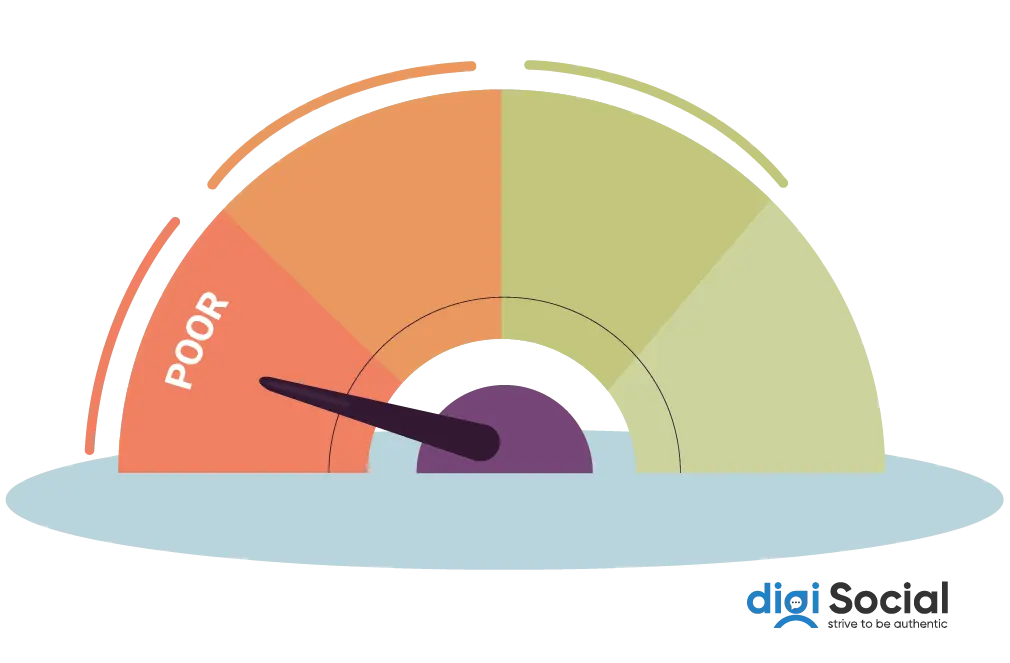
Make sure that your site loads fast both on desktop and mobile devices. It will improve your PPC conversions, and also give a better user experience to whoever visits your website. Apart from a fast site, also have good web design and clear navigations.
18. No Remarketing:
Most marketers make the mistake of overlooking remarketing while doing PPC campaigns. You should not avoid it because it’s an effective form of marketing. If you don’t want to make this mistake, use RLSA or remarketing lists for search ads, but first you need to know how “bid only” and “target and bid” differ from each other.
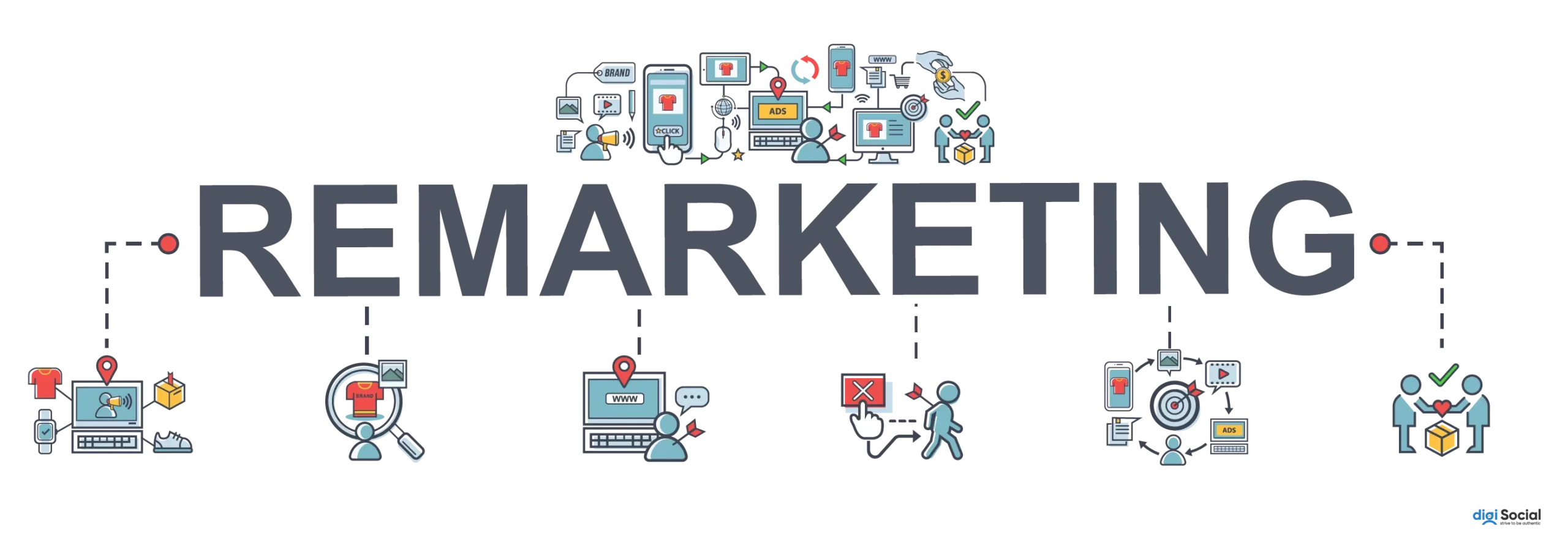
RLSA feature helps you to customize the ads for the users who are already aware of your business and have visited your website. If you select “target and bid”, your ads will be only shown to the users on the remarketing list. So, you need to make a totally customized and different ad that is tailored to your prospects’ phase in their buyer’s journey. You will mix the generic search list with the remarketing list while using “bid only” and it will offer you suboptimal outcomes.
19. Giving up Too Early:
PPC campaigns are campaigns that require quite a long time to give you the desired results. You need to make a lot of mix and match while choosing keywords and taking different marketing strategies to get what you want. All these experiments and testing as mentioned above will give you a fruitful result, but if you get disheartened and give up too early you won’t ever be successful in your efforts.

20. Run PPC Only on Google:
Google is the most popular and running search engine for sure, but only investing here to run your PPC won’t be a good idea at all. Also, consider other mediums like Yahoo and Bing because they offer attractive offers and several benefits to provide you more visibility and better results. Again, they also include the demographics and key traffic that you select for your campaign.
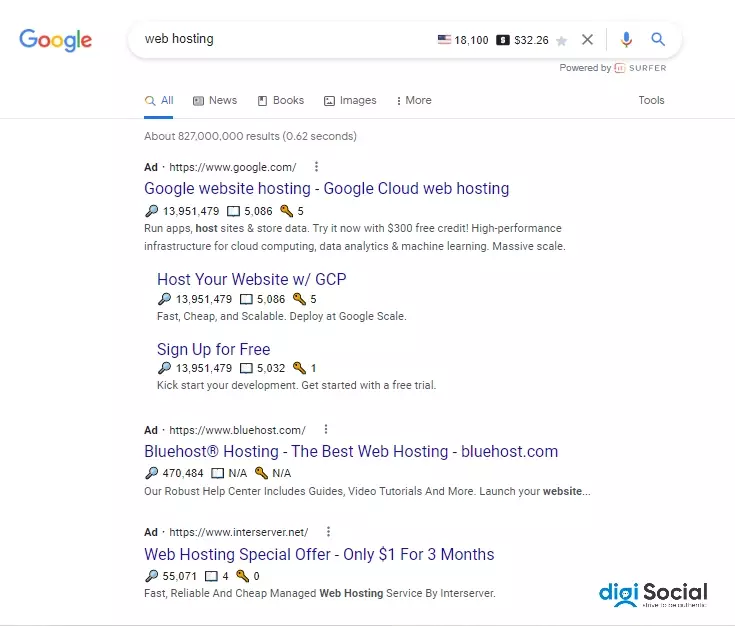
21. Not Hiring a Digital Marketing Agency:

Business owners also make the mistake of trying to do everything themselves and not hiring a digital marketing agency. If you are only aware of the basics of PPC and don’t know well about all its tricks and tweaks, you must not take the risk of doing everything on your own. Because then you have a huge chance of losing lots of money.
Professional digital marketing agencies have the expertise and experience to run and manage different PPC campaigns successfully. So, relying upon them will save your time and money.
So, these are the PPC mistakes you must avoid in Bangladesh.
Knowing PPC Strategies also important like avoid PPC mistakes. Read our another article which written on 10 Best Strategies to Follow for PPC Campaign in Bangladesh. Hope this article help you as well.
Final Words:
Now, you must be well aware of the 21 PPC mistakes you must avoid in Bangladesh and all other relevant details. So, try to run your PPC campaigns flawlessly, and to get your desired results digiSocial is always there to help you.
PPC campaign always makes a good impact on business. But to get the best advantage of the PPC campaign you need to be updated with the Latest PPC trends.
